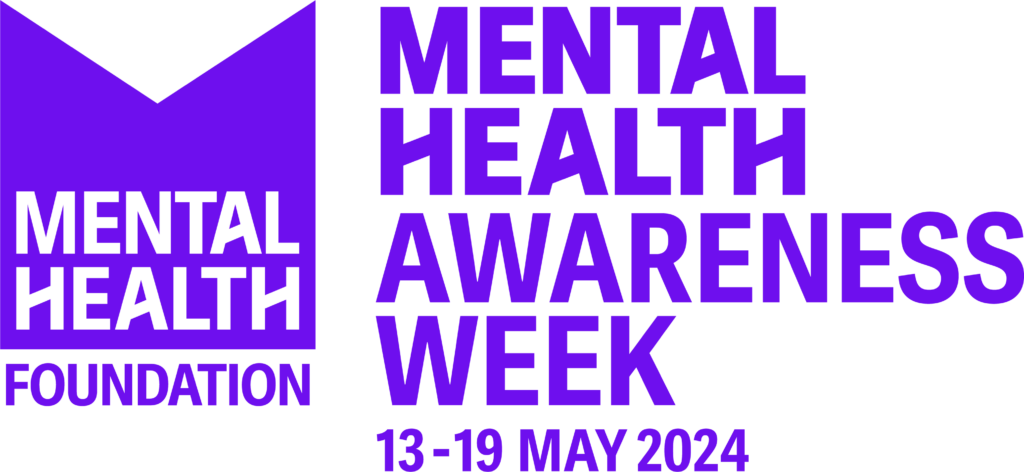
29 April 2024
Why Movement is Essential for Mental Health
Mental Health Awareness Week is around the corner (May 13th to 19th 2024). With this year’s theme, “Movement: moving more for our mental health”, this blog article focuses on the impact physical activity can have on our mental wellbeing. From reducing stress and anxiety to boosting mood and cognitive function, movement plays a crucial role in maintaining a healthy mind.
If we are honest, most people find it far too easy to prioritise work and responsibilities over their wellbeing. The thought of doing exercise is often far worse than actually doing it! It’s crucial to remember that our mental and physical health are deeply interconnected. As a supportive employer, raising the profile of the importance of physical activity on mental health can have a profound impact. This years mental health awareness week theme of movement is a great initiative for your workplace to get behind and here is why! The benefits are far reaching:
1. Stress reduction
Movement serves as a natural stress reliever, helping to reduce the levels of cortisol, the body’s primary stress hormone. Engaging in physical activity triggers the release of endorphins, often referred to as “feel-good” hormones, which can elevate mood and promote a sense of wellbeing. Regular exercise can also improve sleep quality, further contributing to stress reduction and overall mental resilience.
2. Mood Enhancement
Ever noticed how a workout can lift your spirits and brighten your day? That’s because physical activity stimulates various neurotransmitters in the brain, including dopamine and serotonin, which are associated with pleasure and happiness. Regular exercise has been shown to alleviate symptoms of depression and anxiety, providing a natural mood boost and enhancing overall emotional wellbeing.
3. Cognitive Function
Movement isn’t just beneficial for our bodies, it also supports cognitive function and mental clarity. Physical activity increases blood flow to the brain, delivering oxygen and nutrients essential for optimal brain health. Research suggests that regular exercise can improve memory, concentration, and executive function, helping us stay sharp and focused in our daily tasks.
4. Stress Management
Stress has become a common companion for many of us. Fortunately, movement offers an effective way to manage stress and promote relaxation. Activities like yoga, tai chi, and mindful walking encourage mindfulness and present-moment awareness. This helping to calm the mind and reduce anxiety. Even a short walk outdoors can provide a much-needed respite from the demands of the day, allowing us to recharge and refocus.
5. Social Connection
Many forms of movement, such as group fitness classes or team sports, offer opportunities for social interaction and connection. Building and maintaining supportive social networks is crucial for mental health, as it provides a sense of belonging and community. Engaging in physical activity with others not only promotes accountability and motivation but also fosters meaningful relationships and a sense of camaraderie.
6. Empowerment and Self-Efficacy
Incorporating movement into our lives can cultivate a sense of empowerment and self-efficacy. Setting and achieving fitness goals, whether it’s completing a 5K race or mastering a new yoga pose, boosts confidence and self-esteem. This sense of accomplishment carries over into other areas of our lives, enhancing our resilience and ability to overcome challenges.
For idea’s on how your workplace can get involved – check out last weeks blog.
As we consider the importance of movement for mental health, let’s commit to elevating the profile of physical activity within our workplaces. Whether it’s promoting morning jogs, facilitating lunchtime strolls, or standing meetings, each instance of movement enhances our overall wellbeing. Let’s champion the mind-body connection and harness the transformative power of movement to build amazing, thriving workplaces that prioritise the holistic wellbeing of our employees.






